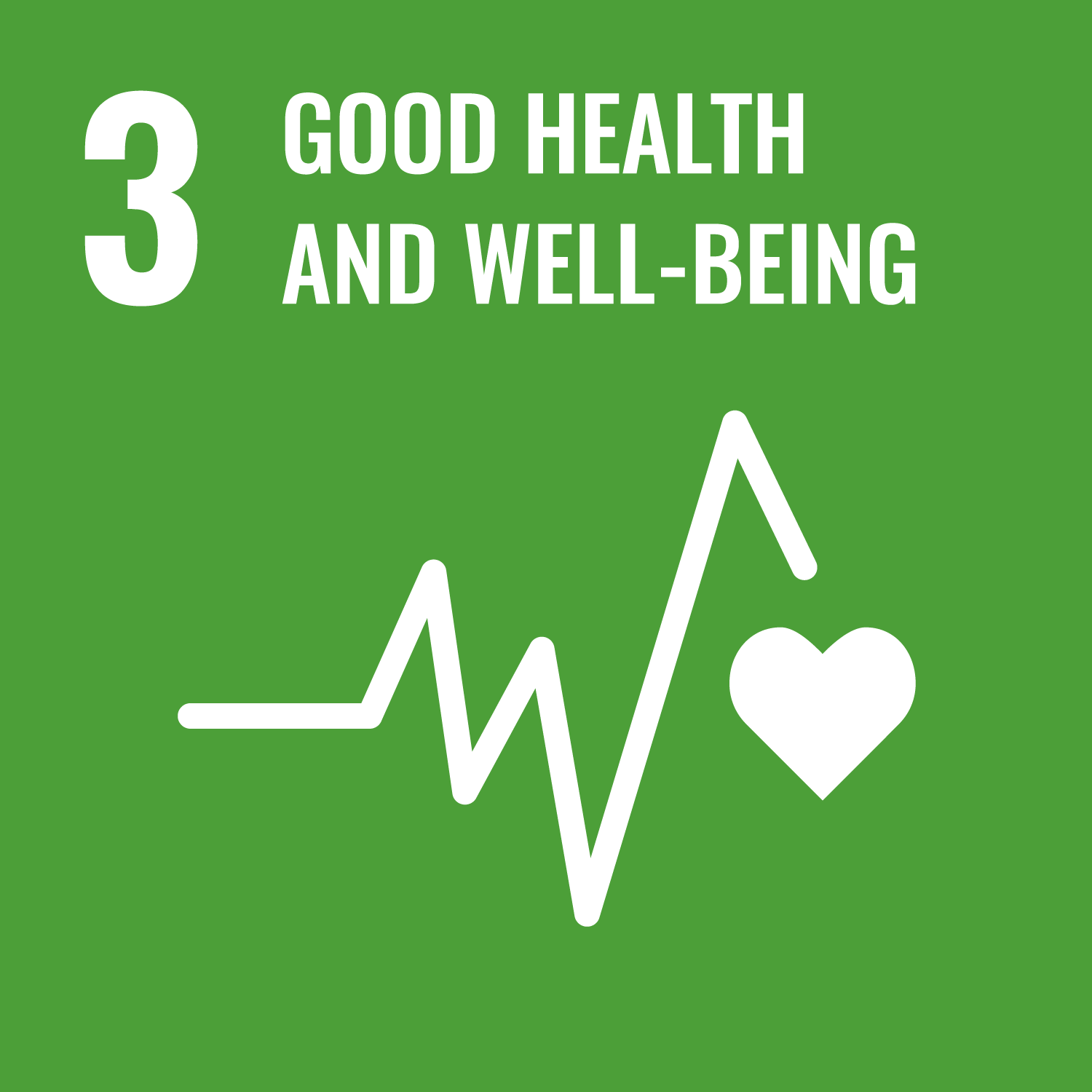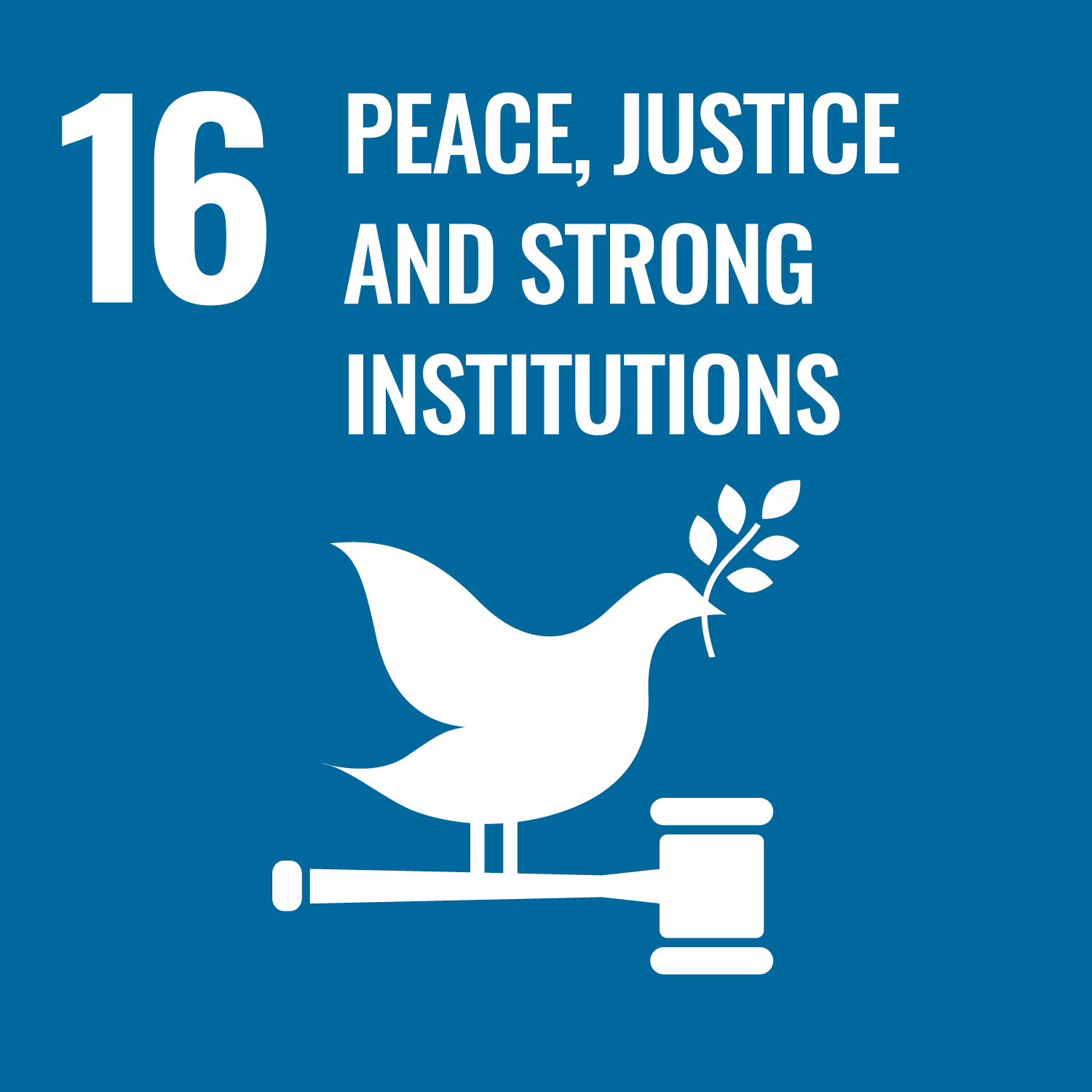Stronger Families Suffolk
This project is also known as Outcomes Based Contract for Children at Risk of Care
Aligned SDGs


- Stronger Families Suffolk
- General overview
- Location
- Involved organisations
- Outcome metrics
- Results
- Spreadsheet of data
- Stronger Families Suffolk
- General overview
- Location
- Involved organisations
- Outcome metrics
- Results
- Spreadsheet of data
General overview
Stage of development: Implementation
Policy sector: Child and family welfare
Date outcomes contract signed: Mar 2019
Start date of service provision: Mar 2019
Anticipated completion date: Jan 2026
Capital raised (minimum): GBP 863.87k (USD 1.10m)
Max potential outcome payment: GBP 6.70m
Service users: 542 individuals
Intervention
Whole family-based intervention using Functional Family Therapy. It seeks to improve communication and supportiveness between parents or guardians and young people, while decreasing hostility. The intervention will reduce the number of older adolescents entering, and staying in care. This will be acomplished by:
- Intensive planned (and reactive) work by multi-disciplinary professionals working with the family network;
- trusted and sustained relationships between family and professionals;
- addresing the underlying issues of mental health, substance misuse, gangs, un-boundaried behaviour and acute family stress; and
- wrap-around support including full-time education/training/employment, respite care, positive activities and meeting the needs of adults.
Target population
8-16 years (17 year olds with agreement from Commissioner) at risk of entering care / reunification of children already in care.
Location
Country
- United Kingdom
Service delivery locations
- Suffolk County Council
Involved organisations
Configuration of contracting parties:
- Direct contract between outcome payer and provider
Outcome metrics
- Metric 1: Children on the edge of care sustainably avoid the need for care. Payment at 14 weeks after referral (payment at the end of the intervention). Then paid quarterly for each day the child remains out of Care for 1 and a half years.
- Metric 2: Children are sustainably reunified with their family/wider network. Payment at 14 weeks after referral (payment at end of intervention). Then paid quarterly for each day the child remains out of Care for 1 and a half years
Results
Stronger Families Suffolk started delivering services in March 2019 and will finish in January 2026. Data was last updated in December 2023. These are interim results.
Outcome achievements
Overall target is based on the high case scenario defined in the Life Chances Fund Final Award Offer or Variation Agreements.
The graph above shows interim results for the project’s outcome achievements. Each bar represents a key participant outcome or metrics. Each metric is detailed above the graph (under the ‘Outcome metrics’ section of this page). Users can hover over the bars to access data on the expectations and achievements for that particular metric. Labels at the top of the bar represent the overall expectations for specific metrics, for the entire life of the project. The coloured section of the bar represents the project’s achievements so far.
Each bar takes the unit of analysis of the metric (if the metric is measured in number of individuals, the bar graph is representing individuals achieving that metric. If the metric is measured in weeks, the bar graph is representing weeks).
A note on targets (or expectations): the graph above shows the latest targets for the project. These targets are based on the best-case scenario expectations for every project. These targets may be different from the targets set at the start, as projects adapt to unexpected challenges or changes in circumstances. In addition, these targets could also work as a ‘cap’ for payments. We offer these parameters as a reference on outcome achievement projections. If projects are under implementation, they are not expected to have achieved any of these targets yet.
The intermediary organisation's comment on this graph:
'Stronger Families Suffolk is a Functional Family Therapy outcomes contract. The design of this outcomes contract took into consideration learning from previous family therapy outcomes contracts such as Essex or Positive Families Partnership. The intermediary and delivery partner in Stronger Families Suffolk, Bridges Outcomes Partnerships and Family Psychology Mutual, are the same as in Stronger Families Norfolk, a family therapy child welfare outcomes contract in Norfolk. This partnership has fostered innovation and knowledge sharing between both outcomes contracts. Stronger Families Suffolk was recommissioned by Suffolk County Council in 2023 to deliver support to families for an additional two years. Stronger Families Suffolk is currently expecting to perform well in terms of volumes, although has supported more edge of care families and less reunifications than initially anticipated.'
Outcome payments
The graph above shows interim outcome payment results. The x-axis displays the years since the start date of the project to the anticipated completion date. The y-axis represents the value of the payments for outcomes realised by participants in the programme. The aim of this graph is to enable users to compare the initial expectations of the project against the actual value of the outcomes that were achieved.
The dotted lines represent the different plans that projects had at different moments- labelled as ‘Plans’ in the key. The data for these dotted lines (or single dotted line) comes from the outcome payment profiles that projects shared with the commissioners and their values represent expectations according to 'best-case scenarios' (if projects achieved as many outcomes as possible). There are different dotted lines as projects can renegotiate their payment plans as they face changes that affect delivery (such as the COVID pandemic) or adjust their expectations during the life of the project. Each dotted line is made of a set of points. Each point represents a quarter. Users can hover over those points and access data on the expectations for that quarter.
The solid line shows the outcome payments that the project already claimed and received- labelled as ‘Actual’ in the key. Squared points on the 'Actual' line indicate that the payment for that quarter was a COVID-19 medium-scenario grant. This was one of the temporary funding options offered to projects during the COVID-19 pandemic (this included activity payments based on projected medium-case performance scenarios). On the top-right corner, the ‘Plans’ and ‘Actual’ lines can be selected and deselected to change which lines appear in the graph.
A note on the representation of different payment profiles (or plans): when Life Chances Fund projects reprofile their payment plans, they use a template provided by the National Lottery Fund. When they complete data for the past quarters, some projects preferred to leave those cells blank, other preferred to repeat the previous expectations and other decided to complete those cells with data from actual payments. To avoid confusions around these different criteria, we start representing a plan from the moment when the plan is valid.
The intermediary organisation's comment on this graph:
'Stronger Families Suffolk is projecting to achieve outcome payments in line with those initially anticipated.'
Spreadsheet of data
Important Notice and Disclaimer on INDIGO Data
INDIGO data are shared for research and policy analysis purposes. INDIGO data can be used to support a range of insights, for example, to understand the social outcomes that projects aim to improve, the network of organisations across projects, trends, scales, timelines and summary information. The collaborative system by which we collect, process, and share data is designed to advance data-sharing norms, harmonise data definitions and improve data use. These data are NOT shared for auditing, investment, or legal purposes. Please independently verify any data that you might use in decision making. We provide no guarantees or assurances as to the quality of these data. Data may be inaccurate, incomplete, inconsistent, and/or not current for various reasons: INDIGO is a collaborative and iterative initiative that mostly relies on projects all over the world volunteering to share their data. We have a system for processing information and try to attribute data to named sources, but we do not audit, cross-check, or verify all information provided to us. It takes time and resources to share data, which may not have been included in a project’s budget. Many of the projects are ongoing and timely updates may not be available. Different people may have different interpretations of data items and definitions. Even when data are high quality, interpretation or generalisation to different contexts may not be possible and/or requires additional information and/or expertise. Help us improve our data quality: email us at indigo@bsg.ox.ac.uk if you have data on new projects, changes or performance updates on current projects, clarifications or corrections on our data, and/or confidentiality or sensitivity notices. Please also give input via the INDIGO Data Definitions Improvement Tool and INDIGO Feedback Questionnaire.